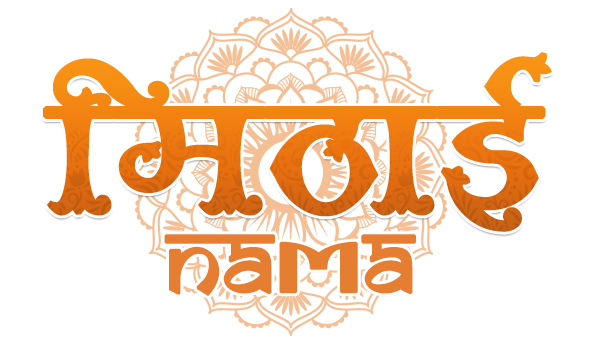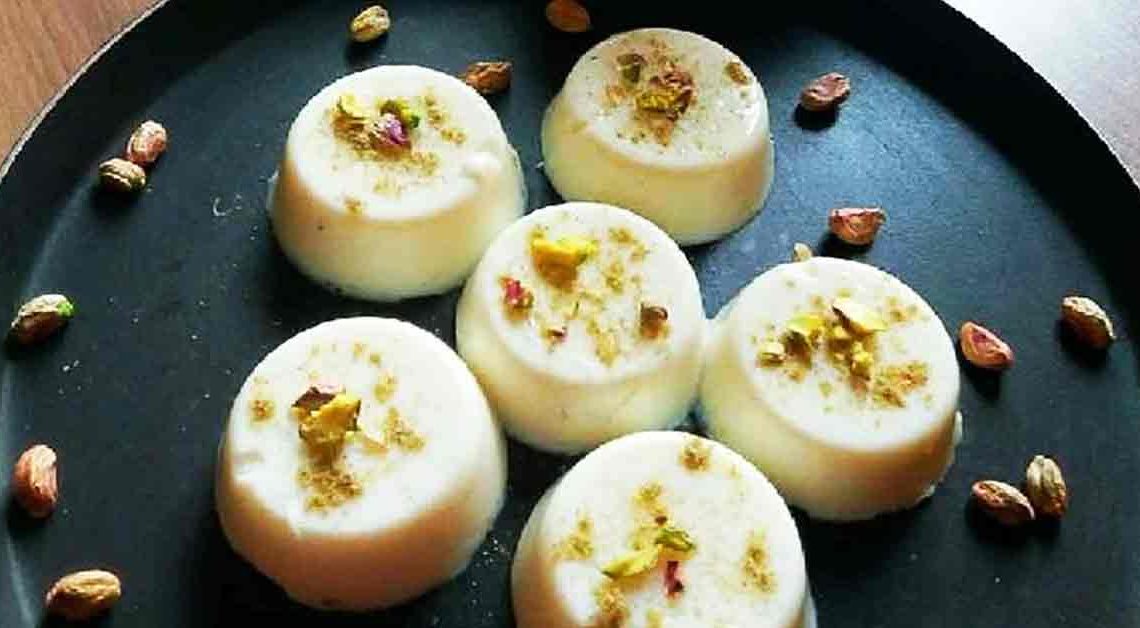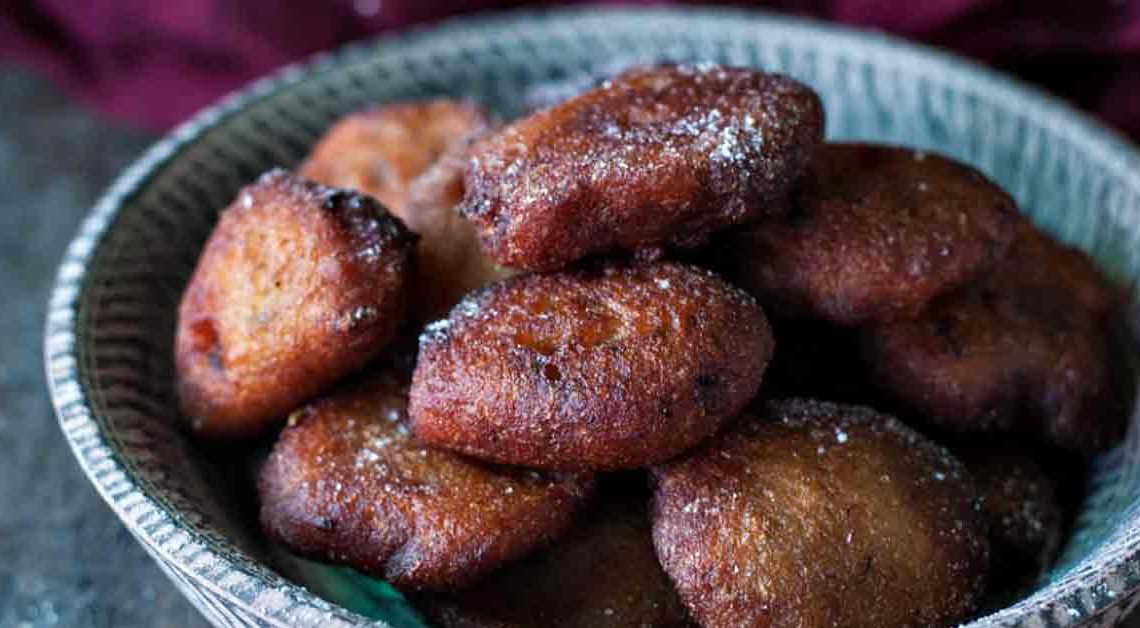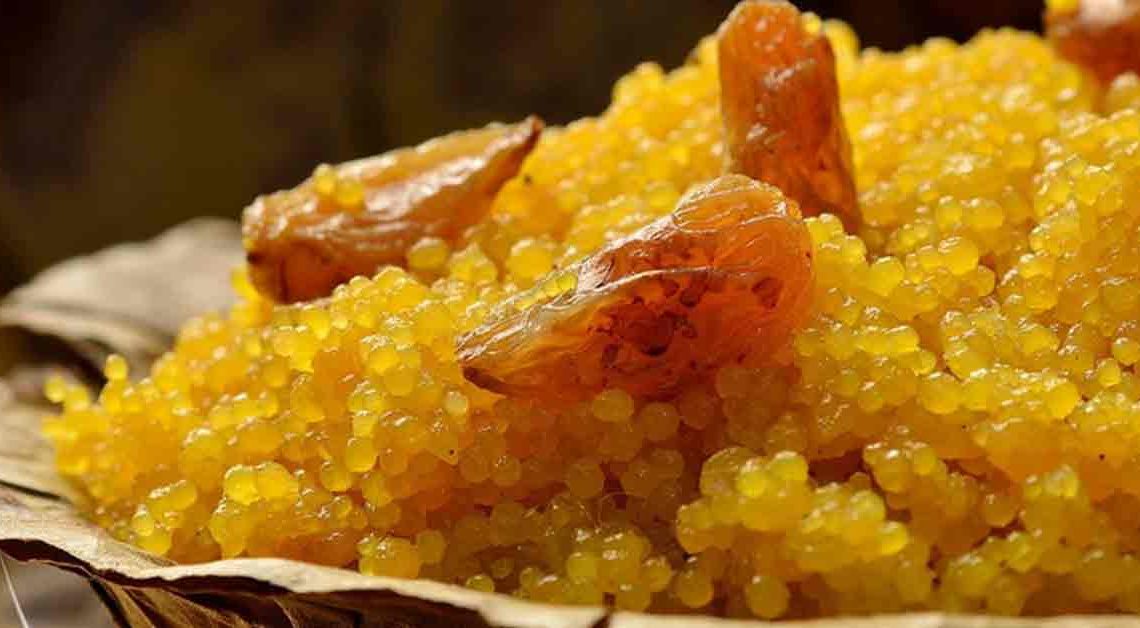Sweet Symmetry of Monohora
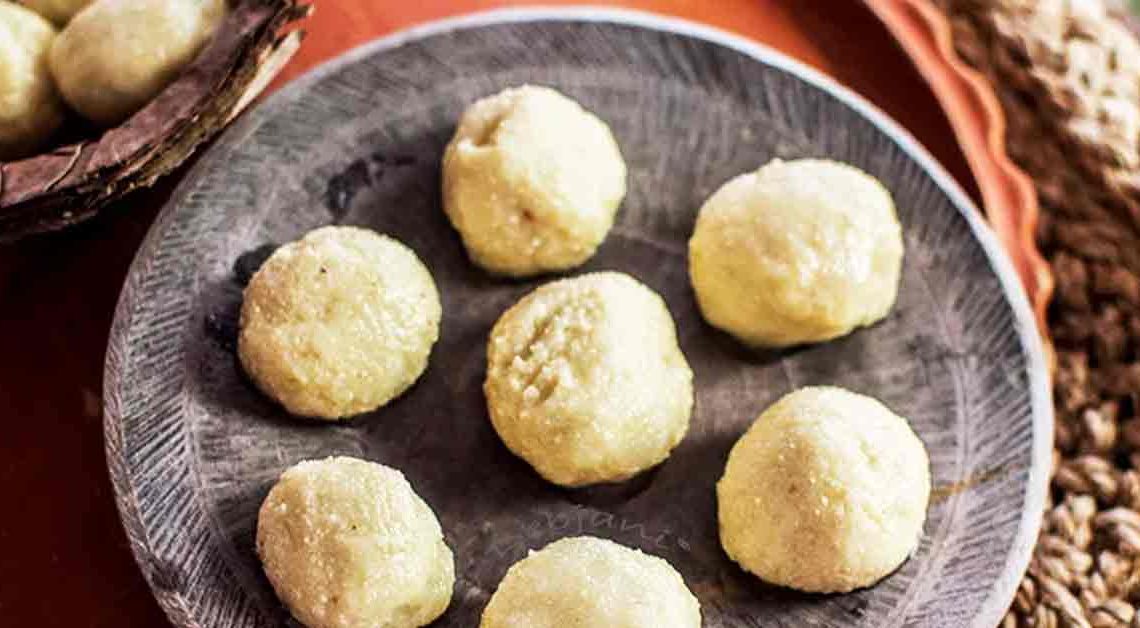
Welcome to a sweet journey on Mithainama through the flavors of Monohora, a hidden gem in the world of confectionery delights! Monohora Sweet, originating from the picturesque region of Bangladesh, is a culinary masterpiece that has enchanted taste buds for generations. This delightful treat, with its unique blend of textures and flavors, is a celebration of simplicity and tradition.
Imagine sinking your teeth into a soft, melt-in-your-mouth delicacy, bursting with the rich, nutty aroma of roasted sesame seeds and the subtle sweetness of jaggery. It is not just a dessert; it’s a cultural experience that transports you to the heart of rural Bengal, where time slows down, and every bite is a moment of pure bliss.
Join us as we delve into the history, facts, and cultural significance of Monohora Sweet. Get ready to embark on a sweet journey like no other, and let captivate your taste buds and your heart!
Origin of Monohora
It is deeply rooted in the rural regions of Bangladesh, particularly in the district of Mymensingh. The name “Monohora” itself carries cultural significance, translating to “captivating the heart” in Bengali. This delectable sweet has been a traditional delicacy in Bengali cuisine for generations, with its recipe passed down through families and communities.
The creation is closely tied to the agricultural heritage of the region. It typically features two main ingredients: sesame seeds and jaggery. Sesame seeds are abundant in Bangladesh and are often roasted to enhance their nutty flavor before being incorporated into various dishes. Jaggery, a natural sweetener made from sugarcane juice or palm sap, adds a rich sweetness to the sweet.
The exact origins are shrouded in folklore and legend, with different stories passed down through oral tradition. Some tales attribute its creation to a skilled cook or a creative housewife seeking to invent a new dessert using locally available ingredients. Regardless of its precise origins, it has become an integral part of Bengali culinary heritage, cherished for its simplicity, delicious flavor, and cultural significance.
History of Monohora
The history is deeply intertwined with the rich cultural heritage of Bangladesh. While specific historical records about its origins are scarce, the sweet’s roots can be traced back to the traditional culinary practices of the region.
Monohora Sweet likely originated in rural Bengal, where communities relied on locally available ingredients to create flavorful dishes. The sweet’s simplicity and use of ingredients like sesame seeds and jaggery reflect this heritage, as these items were commonly found in Bengali households.
Over the years, it has evolved from a homemade treat to a popular dessert enjoyed across Bangladesh and beyond. It has become a symbol of Bengali hospitality and is often shared with guests during festivals, weddings, and other celebrations.
Cultural Significance
Monohora Sweet holds significant cultural value in Bengali society, serving as more than just a dessert. Its cultural significance is deeply rooted in traditions, celebrations, and communal ties.
Traditional Festivals: It is often prepared and shared during traditional Bengali festivals such as Pohela Boishakh (Bengali New Year) and Durga Puja. It symbolizes prosperity, happiness, and togetherness, adding sweetness to these joyous occasions.
Cultural Identity: The preparation and enjoyment are steeped in Bengali cultural identity. It reflects the region’s agricultural heritage and the use of locally sourced ingredients, highlighting the connection between food, culture, and the land.
Hospitality: Offering Monohora to guests is a common practice in Bengali culture. It is a gesture of hospitality and warmth, showcasing the host’s generosity and care for their guests.
Where is Monohora Famous?
Monohora Sweet is particularly famous in the Mymensingh district of Bangladesh, where it originated. This region is known for its agricultural heritage and traditional Bengali cuisine, making it the perfect setting for the creation and popularity of this sweet delicacy.
While its fame is most pronounced in Mymensingh, it is also enjoyed and appreciated across Bangladesh, especially during festivals and celebrations. Its popularity has even spread beyond the borders of Bangladesh, with Bengali communities around the world savoring this traditional treat and keeping its cultural legacy alive.
Interesting Facts and Trivia
Here are some interesting facts and trivia related to Monohora Sweet:
- It is named after a place called Monohora in the Mymensingh district of Bangladesh. The name “Monohora” translates to “captivating the heart” in Bengali, highlighting the sweet’s ability to enchant taste buds.
- The traditional preparation involves roasting sesame seeds and mixing them with jaggery to form a sweet, nutty paste. This mixture is then shaped into small, bite-sized balls or patties.
- It is often prepared and enjoyed during the winter months in Bangladesh, as sesame seeds are harvested during this time. It is considered a warming and energizing treat, perfect for the cooler weather.
- It is a popular sweet during cultural festivals such as Pohela Boishakh and Durga Puja. It is often shared with friends and family as a symbol of prosperity and happiness.
- Sesame seeds, the main ingredient in Monohora Sweet, are rich in nutrients such as protein, fiber, and antioxidants. They are believed to have various health benefits, including improving heart health and aiding digestion.
Did You Know?
Did you know that Monohora Sweet, a traditional Bengali delicacy, offers more than just a delightful taste experience? Packed with sesame seeds, this sweet treat is rich in nutrients and offers several health benefits:
- Sesame seeds are a good source of protein, healthy fats, fiber, and various vitamins and minerals such as calcium, iron, and magnesium.
- The healthy fats in sesame seeds, particularly mono- and polyunsaturated fats, can help lower cholesterol levels and reduce the risk of heart disease.
- Sesame seeds are a good source of calcium, which is essential for maintaining strong and healthy bones.
- Sesame seeds contain antioxidants such as sesamin and sesamol, which help protect cells from damage caused by free radicals.
- The fiber content in sesame seeds can aid digestion and promote regular bowel movements.
